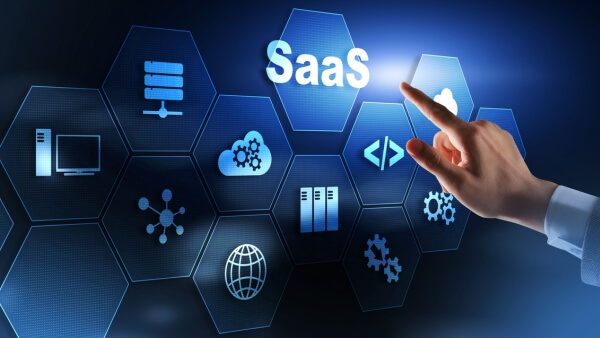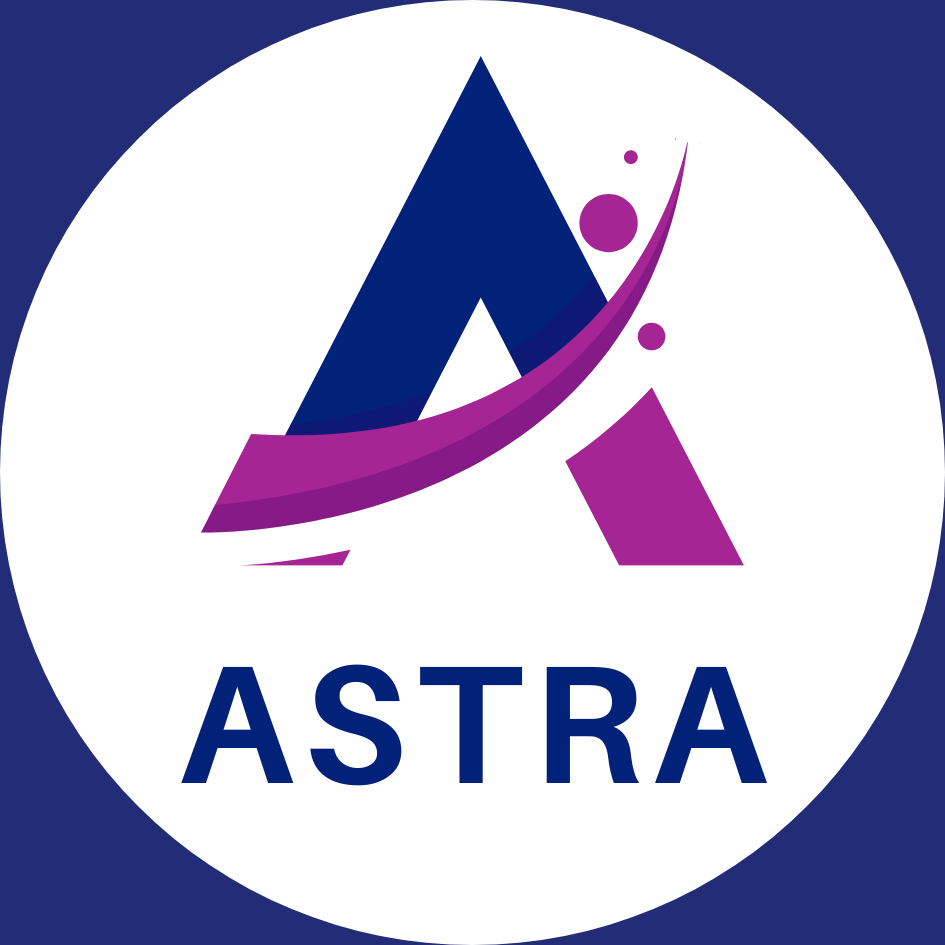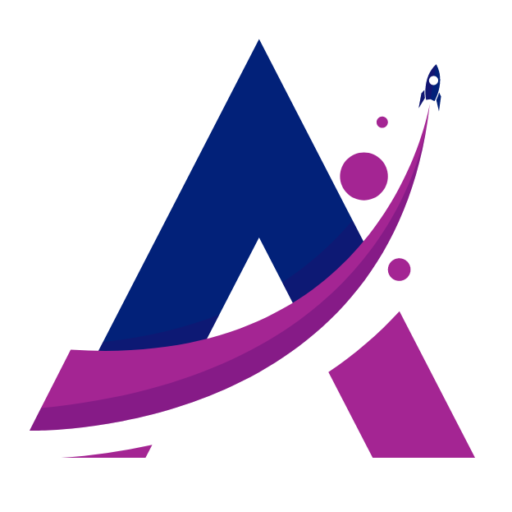You have come to the right place if you are looking for innovative ways to boost your business growth. In this article, we’ll explore 10 incredible SaaS marketing strategies that have the potential to transform your business completely.
Get ready to dive into the world of SaaS and discover how the strategic application of marketing techniques can take your business to new heights of success.
This is a complete guide for you looking to master SaaS marketing and boost the growth of your business.
We will explore each of these strategies, explaining how to implement them and highlighting their importance in the current scenario. So, get ready for a journey of growth and success.
Whether you’re a veteran of the SaaS world or just starting, these tips are for you. Let’s go?
What is SaaS marketing?
Marketing for SaaS (Software as a Service) is a strategy companies use to offer their software as a service through a subscription instead of selling a license for the product.
SaaS companies like Salesforce and Slack rely heavily on specific marketing strategies to attract, retain, and grow their user base.
These strategies include SEO, content marketing, social media, and email marketing, among others.
Because each SaaS company has unique needs, marketers must understand the specifics of SaaS marketing. In the next section, we will explore the importance of these strategies for the current scenario.
How important are these strategies for the current scenario?
In the digital business world, SaaS (Software as a Service) companies are gaining increasing prominence. Therefore, the importance of marketing strategies for SaaS has proven increasingly vital in the current scenario.
Competition in the SaaS market is fierce, with many new entrants and innovative products constantly emerging. This means that companies need to stand out in some way to win and retain customers.
And that’s where marketing strategies for SaaS come in.
These strategies help companies differentiate themselves from competitors, attract potential customers, and retain existing ones. Furthermore, they help build a strong brand, increase online visibility, and generate leads and sales.
But what are these strategies? And how can they be applied effectively? Keep reading to find out!
10 marketing strategies for Saas
Exploring effective marketing strategies is critical to the growth of any Saas company. Whether you’re an industry veteran or a newbie, new tactics always exist to learn and implement.
In this segment, we’ll dive into ten Saas marketing strategies that can catapult your SaaS sales and accelerate your growth.
From clearly defining your value proposition to the importance of customer testimonials, each strategy has its unique role in the SaaS marketing landscape. Let’s start?
1. Clear Definition of Value Proposition
A successful SaaS marketing strategy starts with a clear value proposition.
But what does this really mean? Well, your value proposition is a concise statement that describes why a customer should choose your product or service.
It must be clear, direct, and specifically targeted to the pain or need of your target audience. An effective value proposition can differentiate your company in a competitive market, attracting the right audience and leading to faster purchasing decisions.
Remember, your value proposition must be easily understood by your potential customers.
So avoid technical jargon and focus on how your product or service can solve a problem or improve a customer’s life.
2. Precise Audience Segmentation
Accurate audience targeting is a critical SaaS marketing strategy that allows you to target your campaigns to the right audience effectively.
This involves identifying specific characteristics of your ideal audience, such as age, location, interests, and behavior.
For example, if you’re selling project management software, your target audience might include project managers and team leads at technology companies.
By understanding your target audience, you can create more relevant messages and offers that resonate with them and drive them to take action. Remember, understanding your audience is key to achieving your marketing goals.
3. Educational Content Marketing
Educational content marketing is a powerful strategy for SaaS companies. It aims to educate users about the benefits and features of its software while offering valuable information that helps them solve everyday problems.
This can be done through blogs, e-books, webinars, tutorials, and other content formats.
The goal is to build trust and establish the company as an authority in its field. Additionally, this type of marketing helps attract and retain users as they associate the brand with effective solutions to their needs.
Remember, however, that the quality of the content is fundamental. It must be relevant, useful, and high quality to really make a difference.
4. Search Engine Optimization (SEO)
Search Engine Optimization (SEO) is an essential strategy for any SaaS business. It helps improve your website’s visibility on search engines such as Google, thus increasing the likelihood of attracting and converting more visitors into customers.
To be effective, the SEO strategy must be well planned and implemented, considering keywords relevant to your target audience and following search engine guidelines.
Additionally, continuous optimization is crucial as search algorithms are always changing. So, even though it is a process that requires time and resources, the long-term benefits are undeniable.
5. Effective Social Media Strategies
Effective social media strategies are essential for SaaS marketing. They allow you to reach your target audience, share relevant content, and create a community around your product.
The first step is to identify which social platforms your target audience is most active on. This may include Facebook, Instagram, LinkedIn, and X, among others.
Once you’ve identified the right platforms, it’s time to create and share valuable content to your audience.
This can include tips, educational articles, instructional videos, and product updates. Remember, the goal is to engage your audience and build lasting relationships, not just sell your product.
Additionally, social media is an excellent channel for customer service, providing a quick and efficient way to respond to customer questions and concerns.
6. Referral Programs and Partnerships
Referral programs and partnerships are essential strategies in SaaS marketing. They allow you to leverage existing customer and partner networks to attract new users to your software.
Referral programs encourage existing users to share your product with their contacts by offering rewards, such as discounts or additional features, for each successful referral.
Partnerships can be established with other companies that complement your product, creating an even stronger value proposition for customers.
Both strategies require an initial investment of time and resources but can generate a significant return in the long term, helping to accelerate the growth of your SaaS business.
7. Testing and Continuous Optimization
Continuous testing and optimization are vital components of any SaaS marketing strategy. They allow you to refine and improve your techniques based on real data and user feedback.
By A/B testing your marketing campaigns, you can identify which strategies are working and which ones need to be adjusted. Continuous optimization, on the other hand, involves constantly monitoring and adjusting your campaigns to ensure they are always aligned with your company’s goals and your customers’ needs.
This continuous testing and optimization process allows you to maximize the ROI of your marketing initiatives and keep your company ahead of the competition in the digital space.
However, effective optimization requires rigorous data analysis and a clear understanding of your target audience and their needs.
8. Product Demonstration (Free Trials)
Offering a free demo of your SaaS product is a powerful marketing strategy.
It allows potential customers to try your software without a financial commitment, allowing them to understand how your product can solve their specific needs.
Additionally, a free demo increases customer confidence in your product as they can see the value it can bring. This can significantly increase the chances of them becoming paying customers in the future.
However, it is crucial that your product is easy to use and that you provide adequate support during the free trial period.
If potential customers encounter issues during the demo and don’t receive assistance, they likely won’t become paying customers.
In short, free product demos are an effective way to attract and convert potential customers. If done well, they can be a powerful tool for growing your SaaS business.
9. Personalized Email Marketing
Personalized email marketing is an effective SaaS marketing strategy that cannot be ignored. This strategy involves personalizing emails to meet each customer’s specific interests and needs.
When done right, it can result in greater customer engagement and, ultimately, a higher conversion rate.
Personalized email marketing can be as simple as using the customer’s name in the email or as complex as offering product or service recommendations based on the customer’s past behavior.
Email segmentation can also be used to ensure the right messages reach the right audience.
Implementing a personalized email marketing strategy may seem daunting, but with the right technology and a clear understanding of your target audience, it can be a powerful growth driver for SaaS companies.
10. Customer Reviews and Testimonials
Customer reviews and testimonials are among the most effective marketing strategies for SaaS. They are a powerful way to show other potential users the real value of your product.
Customer reviews provide an authentic view of your software, which can be a deciding factor for anyone considering a purchase.
Additionally, testimonials can be used on various marketing platforms, such as the company website, social media, and email marketing.
It is important to remember that for this strategy to be effective, reviews and testimonials must be real and honest.
False reviews can damage a company’s reputation and decrease customer trust. Therefore, encourage users to leave their opinions and share their experiences with your product.

What are the benefits of SaaS marketing?
SaaS marketing offers a number of benefits that can boost the growth and profitability of any business.
In addition to providing efficient and scalable solutions, SaaS marketing helps optimize the customer experience and increase engagement, which results in higher retention rates.
Get ready to discover how SaaS marketing can transform the future of your business.
Recurring Revenue Model
The recurring revenue model is one of the key benefits of SaaS marketing. This model refers to the ongoing stream of revenue a company can generate by offering its software as a service.
Instead of making a single big sale, SaaS companies charge customers a regular subscription fee, usually monthly or annually. This creates a predictable and consistent revenue stream that can easily scale as the number of subscribers grows.
Additionally, this business model allows SaaS companies to invest more in marketing and product development, as recurring revenue helps cover these costs on an ongoing basis.
For entrepreneurs and business owners seeking financial stability and sustainable growth, marketing for SaaS and its recurring revenue model are indispensable strategies.
Global Access and Scalability
SaaS offers unprecedented global access for businesses. Being cloud-based, it allows users anywhere in the world to use the service, making scalability a much simpler process.
This means you can reach a global audience without worrying about the logistics of physical distribution.
Additionally, the SaaS model allows you to scale your business according to demand, adding or reducing resources as needed. This provides great flexibility and growth potential for your company.
Continuous Updates and Simplified Maintenance
Continuous updates and simplified maintenance are two major benefits of SaaS marketing.
These characteristics allow companies to always remain up-to-date and competitive in the market without the need for large investments in infrastructure or technical staff.
In the SaaS universe, updates are carried out centrally and automatically, which minimizes errors and service interruptions.
Plus, simplified maintenance means you don’t have to worry about technical issues or system failures, as the SaaS provider’s support team is always ready to resolve any issues.
This not only saves time and resources but also contributes to customer satisfaction.
After all, no one likes dealing with system failures or service outages. With continuous updates and simplified maintenance, your SaaS service will always be running smoothly, allowing you to focus on what really matters: growing your business.
Therefore, to increase your SaaS sales and ensure customer satisfaction, invest in marketing strategies that value continuous updates and simplified maintenance.
Customer Engagement and Retention
Engaging customers and retaining their loyalty is one of the main advantages of SaaS marketing. This model allows for more frequent and direct contact with the customer, facilitating the creation of solid and lasting relationships.
In the digital environment, engagement goes beyond simple buying and selling – it involves providing continuous value to the customer through constant updates, impeccable support, or meaningful interactions.
Customer retention, in turn, is a natural consequence of a high level of engagement.
Satisfied and engaged customers are likelier to continue using the service and become brand promoters. Therefore, customer engagement and retention should be a priority in any SaaS marketing strategy.
Data Analysis for Continuous Improvement
Data analytics is an essential component of SaaS marketing. It allows companies to track and evaluate the performance of their strategies, identify improvement areas, and make adjustments as needed.
Data analysis is not just about collecting information but also about interpreting it to generate valuable insights for the company.
Through data analysis, SaaS companies can better understand their customers and their needs, enabling the personalization of products and services.
Additionally, data analysis can reveal trends and patterns that can be used to predict future behavior and make more informed decisions.
In this sense, data analysis for continuous improvement is a marketing strategy that not only improves the customer experience but also contributes to the company’s growth and profitability.
Conclusion
In conclusion, the SaaS marketing strategy, although a little different from a strategy for an eCommerce or for a real estate agency, is an indispensable tool in the current scenario to boost the growth of companies operating in this business model.
The 10 strategies discussed in this article are just the tip of the iceberg, as the possibilities are practically endless.
The key to success lies in constant adaptation and continuous optimization of implemented strategies. Remember, the goal is always to provide customer value and improve the user experience.
The digital era is here to stay, and companies that know how to adapt and make the most of SaaS marketing opportunities will certainly stand out.
Stay up to date, and be sure to test new strategies to keep your company at the forefront of your industry.



